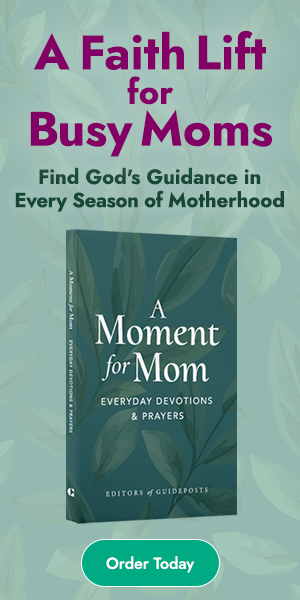“Make the most of your regrets,” said Henry David Thoreau, “never smother your sorrow, but tend and cherish it till it comes to have a separate and integral interest. To regret deeply is to live afresh.”
Regret is a painful emotion, one that we face when we recognize a mistake we’ve made, a choice that steered us in the wrong direction, an opportunity we missed. When you feel regret, you might get caught up in other difficult feelings like disappointment, frustration or sadness.
So what is Thoreau really asking us to do when he says, “Make the most of your regrets?”
Psychologists emphasize that like other so-called “negative” emotions, regret is normal and not something to be denied or avoided. There are healthy, forward-looking ways to cope with regret, though, that will serve your journey toward living with authentic positivity, self-confidence and joy.
Ask the Right Questions
The psychologist Alice Boyes recommends examining our regrets to understand what exactly went wrong. Often, regrets stem from slipping into habits or patterns we’ve vowed to “never do again,” she writes, which is unrealistic and self-sabotaging. So, she advises, “Instead of vowing to never make the same mistake again, acknowledge that you need strategies for gradually improving your habits or limiting the negative consequences when you have failures of self control.”
Hack Your Thinking
Re-framing things we don’t enjoy in life, like taking out the garbage, can save us from regretting that we forgot to pull the bins down to the curb. Happiness expert Gretchen Rubin recommends thought-hacks to make us feel more positive about doing the dreaded tasks…and avoiding regret of falling into avoidance patterns. Try making a weekly “Garbage Eve” celebration that involves putting on some fun music while gathering the trash, or doing something else to turn your thought patterns on their head and avoid feeling regret later.
Give Yourself Time to Feel—and Learn
Regret feels lousy, so you’ll need a some time to let the lousy live with you. “Ruminating isn’t helpful—but neither is attempting to just brush your feelings aside,” says Boyes. Emotions are “designed to come on and then go away,” she says, so try to stay out of the way of your feelings as you process a micro-or macro-regret. From there, you can also try to find opportunities for growth and learning within your feelings of regret. For example, forgetting something at home for the 75th time might necessitate a daily calendar reminder or sticky note on the back door: “Don’t forget your gym bag!”
How do you cope with regret? How have your regrets helped you grow?






